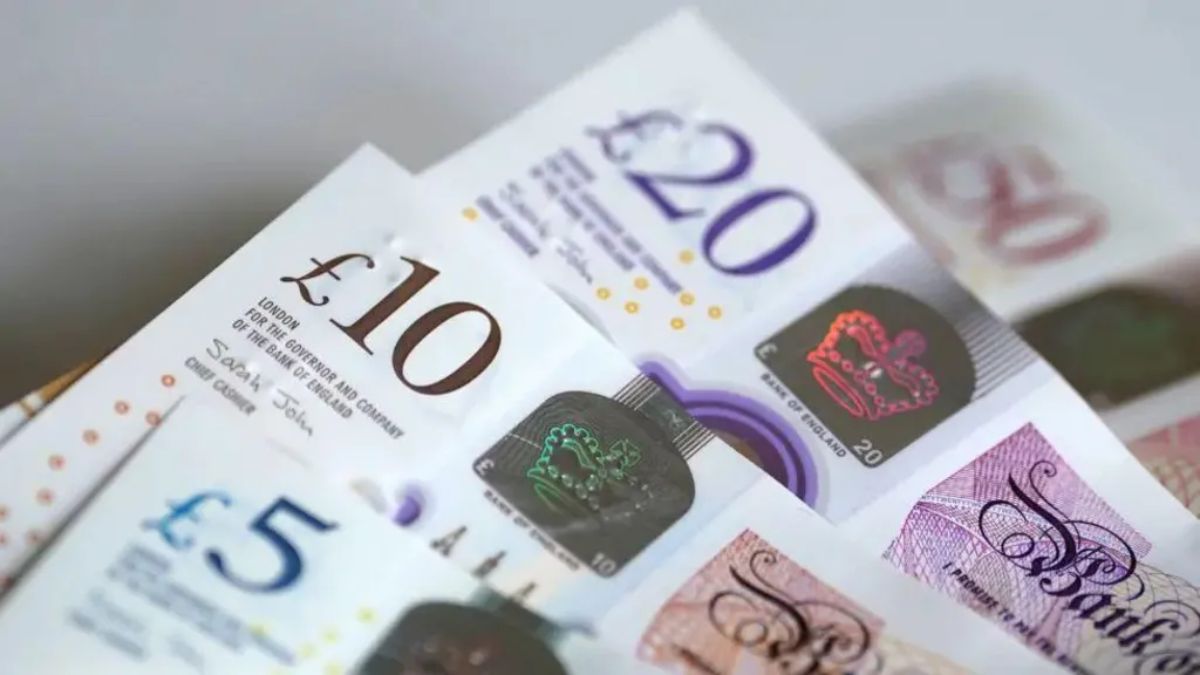Necessary Always Active
Necessary cookies are required to enable the basic features of this site, such as providing secure log-in or adjusting your consent preferences. These cookies do not store any personally identifiable data.
|
||||||
|
||||||
|
||||||
|

The U.K. government has recovered close to £500 million in the last one year with the help of an AI fraud prevention tool. According to the BBC, over a third of the public funds recovered with the AI tool relate to fraudulent activities undertaken during the Covid-19 pandemic.
The government reported £186 million in Covid-19 fraud recovery. The AI tool was also used in council tax fraud detection, enabling the government to recover funds from illegal tax claims and subletting of social housing.
Developed by the U.K. government, the AI fraud detection tool is designed to scan policies and procedures and identify loopholes before they can be exploited. This helps with fraud-proofing the policies during development.
The AI tool, which is known as the Fraud Risk Assessment Accelerator, is also designed to mitigate against large-scale criminality such as the one witnessed during the Covid-19 pandemic where fraudsters took advantage of furlough, Bounce Back Loans and Covid Grants. Recoveries were made through cross-referencing details in different departments.
According to the Cabinet Office, the government recovered £480 million from April 2024. This is the highest amount recovered by government anti-fraud teams within a year. Speaking ahead of the Five Eyes anti-fraud summit in London, Cabinet Office Minister Josh Simons underscored the need to stop fraudsters from accessing taxes that should be spent on providing services to the people.
“We’re using cutting-edge AI and data tools to stay one step ahead of fraudsters, making sure public funds are protected and used to deliver public services for those who need them most, not line the pockets of scammers and swindlers,” Simons said.
In the U.K., financial fraud affects both private and public institutions. In April 2025, fintech firm Revolut released a social media fraud report encouraging digital banks to push for shared fraud responsibility. The report showed that fraudsters and scammers increasingly use encrypted messaging platforms like WhatsApp and Telegram to exploit victims.
The U.K. government sees the Fraud Risk Assessment Accelerator as critical in stopping fraud in future emergencies. Results of previous tests show it has the potential to save thousands of work hours and prevent the loss of millions. With these capabilities, the tool could potentially reduce the time taken to detect fraud risks by 80% while maintaining human supervision.
The U.K. plans to license the AI fraud detection technology internationally. This decision is expected to capture the interest of lobby groups that are against the use of AI by the government. In 2024, an AI tool designed to track welfare fraud was flagged for showing bias based on disability, age, nationality, and marital status. In a report unveiled in 2025, Amnesty International criticized the U.K. government for what it termed as “unchecked use of tech and AI systems”.
The U.K government announced the fraud recovery a week after the U.K.-U.S. tech prosperity deal unlocked more than $42 billion in AI investments for the country. The deal established partnerships between the two countries in AI, civil nuclear energy, and quantum computing.
Partners in the Five Eyes summit, including the U.S. New Zealand, and Australia, are expected to adopt the technology as part of strengthening global efforts to prevent fraud. Adoption of the technology by other countries would demonstrate U.K.’s role in leading innovation and build confidence in the country’s AI readiness to compete globally.
Minister Simons is expected to give a report on U.K. government fraud recovery, including amounts recovered at the Five Eyes anti-fraud summit on September 24, 2025.. The event is held jointly by Canada, Australia, the U.S., New Zealand and the U.K.. T
During the summit, the U.K. plans to showcase the unprecedented use of AI, specialist investigators, and data matching in targeting fraud across different schemes. The U.K. government plans to roll out the Fraud Risk Assessment Accelerator in other government departments.